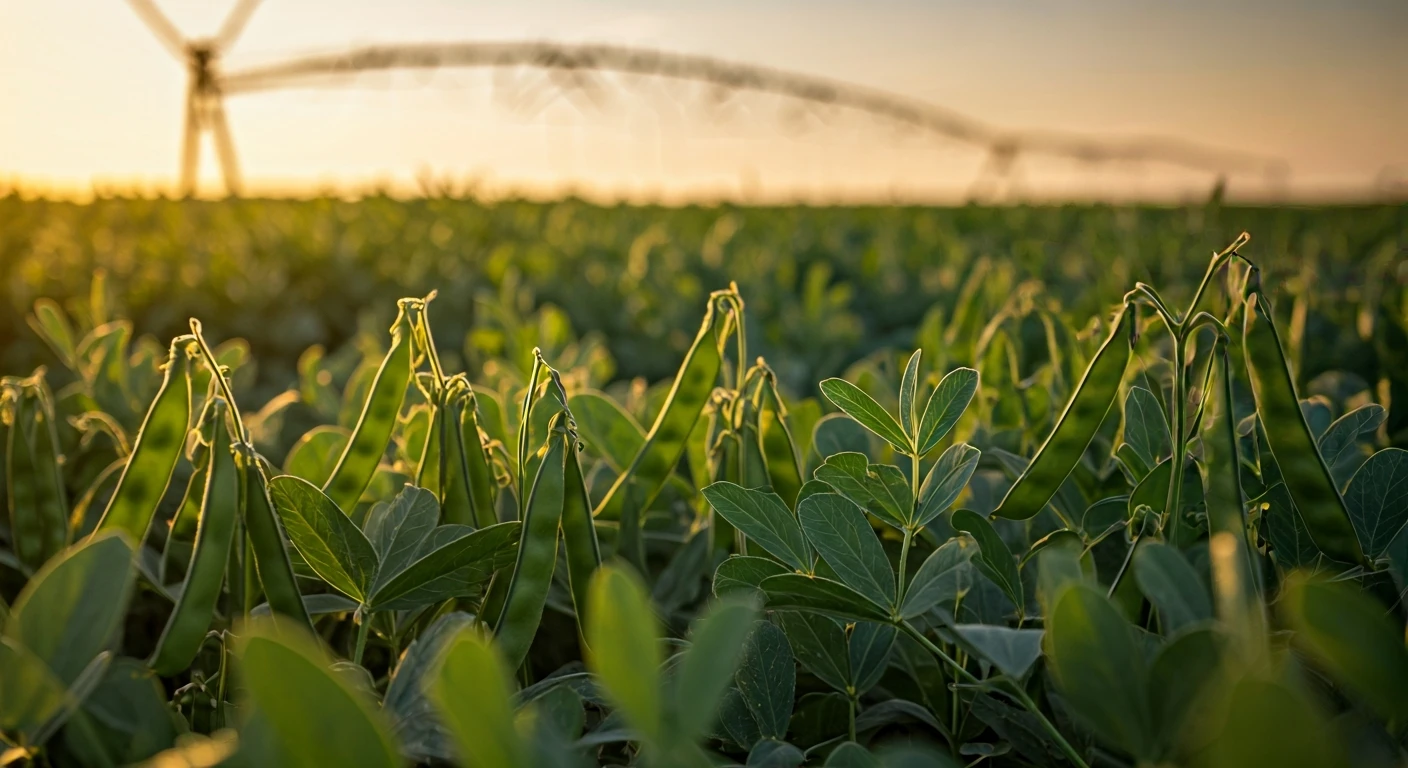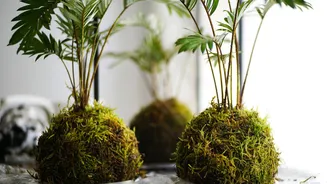Dive into the hidden world of fungi! Uncover surprising facts and mysteries in this fascinating article
Fungi. We see them popping up in our gardens, find them in the market, and maybe even enjoy them in a delicious
mushroom dish. But how much do we really know about these fascinating organisms?
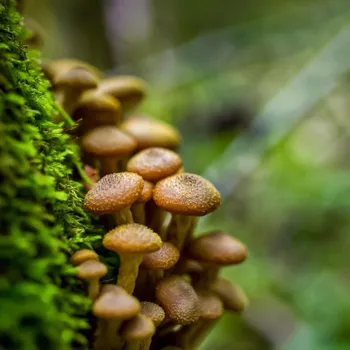
Turns out, there's a whole world of fungal wonders hidden beneath the surface, far beyond what meets the eye. Get ready to have your mind blown as we uncover eight surprising facts about the kingdom of fungi!
More Than Just Mushrooms: They're Everywhere!
When we think of fungi, mushrooms are typically the first thing that comes to mind. But mushrooms are just the fruiting bodies, like the apples on an apple tree. The real fungal action happens underground.
A vast network of thread-like structures called hyphae forms the mycelium, which spreads through soil, wood, and even inside other living things. This mycelium is the main body of the fungus, and it’s far more extensive than any mushroom you might see. Fungi are incredibly diverse.
They are found in almost every environment on Earth, from the Arctic tundra to tropical rainforests, and from the air we breathe to even inside our own bodies! They play essential roles in ecosystems worldwide.
Nature's Recyclers: The Unsung Heroes of Decomposition
Imagine a world overflowing with dead leaves, fallen trees, and animal waste. Sounds pretty unpleasant, right? Thankfully, fungi are here to save the day. They are the planet's primary decomposers, breaking down organic matter and releasing vital nutrients back into the soil.
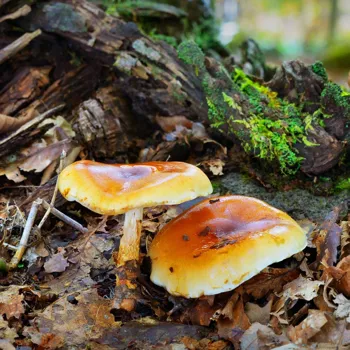
This process is crucial for plant growth and overall ecosystem health. Without fungi, the world would be buried under a mountain of detritus, and the nutrient cycle would grind to a halt.
Fungi accomplish this through powerful enzymes that break down complex compounds like cellulose and lignin, which are found in plant cell walls.
Nature's Internet: The Wood Wide Web
Did you know that trees can communicate with each other? Well, they don't exactly chat over chai, but they do exchange information and resources through a vast underground network of fungal mycelium, often referred to as the "Wood Wide Web.
" This network connects the roots of different plants, allowing them to share nutrients, water, and even warning signals about potential threats like pests or diseases.
Mother trees, the older and larger trees in a forest, can even use this network to support younger saplings by supplying them with the resources they need to grow. It's a fascinating example of cooperation and interdependence within a forest ecosystem.
Powerful Medicine: Fungi in Healthcare
For centuries, traditional medicine systems have utilized fungi for their healing properties. Modern science has also recognized the potential of fungi in treating a wide range of ailments. Penicillin, the first antibiotic, was derived from a fungus called Penicillium.
Many other important drugs, including immunosuppressants and cholesterol-lowering medications, are also derived from fungal compounds. Research into fungal metabolites is ongoing.
Scientists are constantly discovering new compounds with potential therapeutic applications, from anti-cancer agents to antivirals.
A Culinary Delight: More Than Just Button Mushrooms
While the button mushroom is a familiar sight in kitchens across India, the world of edible fungi is far more diverse and flavourful. From the earthy taste of shiitake mushrooms to the delicate flavour of morels and the umami-richness of truffles, there’s a fungal delicacy to suit every palate.
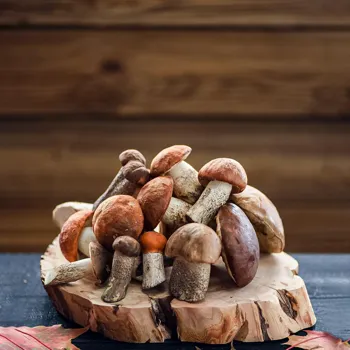
Mushrooms are also a nutritious addition to any diet, being low in calories and fat, while being rich in protein, fiber, vitamins, and minerals. From simple mushroom stir-fries to complex dishes like mushroom biryani, the possibilities are endless.
Not All Fungi Are Friendly: The Dark Side
While many fungi are beneficial, some can cause problems. Some fungi cause plant diseases, leading to crop losses and impacting food security. Certain fungi produce toxins that can contaminate food and cause illness in humans and animals.
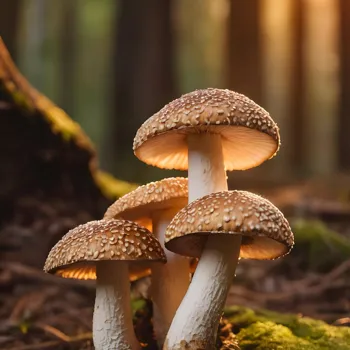
Others can cause infections, ranging from mild skin irritations to more serious systemic diseases. It's also important to remember that some mushrooms are poisonous and should never be consumed unless properly identified by an expert.
Still, even these "problematic" fungi play an important role in the ecosystem, helping to regulate populations and maintain balance.
AI Generated Content. Glance/InMobi shall have no liability for the content




